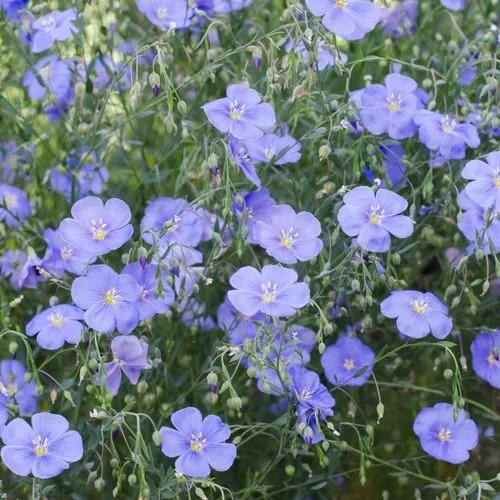Indian Cress, also known as Nasturtium, is a vibrant and attractive flowering plant that is sure to brighten up any garden. With its bright and cheerful blooms, this plant is sure to be a conversation starter.
Garden nasturtium Care
Tropaeolum majus



Native to South America, Tropaeolum majus can be found in many places around the world. It is also called the Garden Nasturtium or Monks Cress and is a perennial plant, meaning that it will bloom year after year. Nasturtium can grow up to 8 feet (2.5m) tall and has five funnel-shaped petals that can bloom orange, yellow, and red in color. There are also species that produce cream, pink, and mahogany blooms. Nasturtium's leaves are kidney-shaped and have a slightly rough texture.
How to Care for the Plant

Water

Monks Cress is a water-loving plant. Make sure to keep the soil consistently moist but not soggy. Give this flowering plant a drink right when the top inch of soil (3 cm) feels dry to the touch.

Pruning

Trim out dead and damaged leaves any time, pinching off or cutting off each of those leaves at its base. Avoid cutting into a plant's main stems or its crown, which is where its leaves and roots meet.

Fertilizer

It's not necessary to nourish this plant if it grows in a rich-in-organic matter soil. If the ground is poor, feed your Indian Cress with a balanced all-purpose fertilizer once a month during the spring-summer growing season. Avoid applying too much boost, as it can introduce more leaf growth at the expense of flowering.

Sunlight

They need around six hours of sunlight (and no less than four), but they also benefit from some time spent in the shade.

Soil

A well-draining, slightly acidic (6-8 pH) potting mix would benefit this plant the most. Mix regular substrate, compost, and sand in equal parts to make an ideal growing medium for Nasturtium.

Temperature

Nasturtium feels best in a moderate climate of 60-75°F (15-24°C) temperature range.

Container

Opt for at least 1 foot (30 cm) deep container with draining holes. They would allow the excess water to pour out, eliminating the risk of root rot.

Fun fact

Chefs around the world often use Nasturtium to decorate dishes. Its flowers have a sweet, floral flavor with a peppery finish, which can add a unique taste to salads, sandwiches, and other dishes.

Popularity

6,364 people already have this plant 1,035 people have added this plant to their wishlists
Discover more plants with the list below
Related articles






